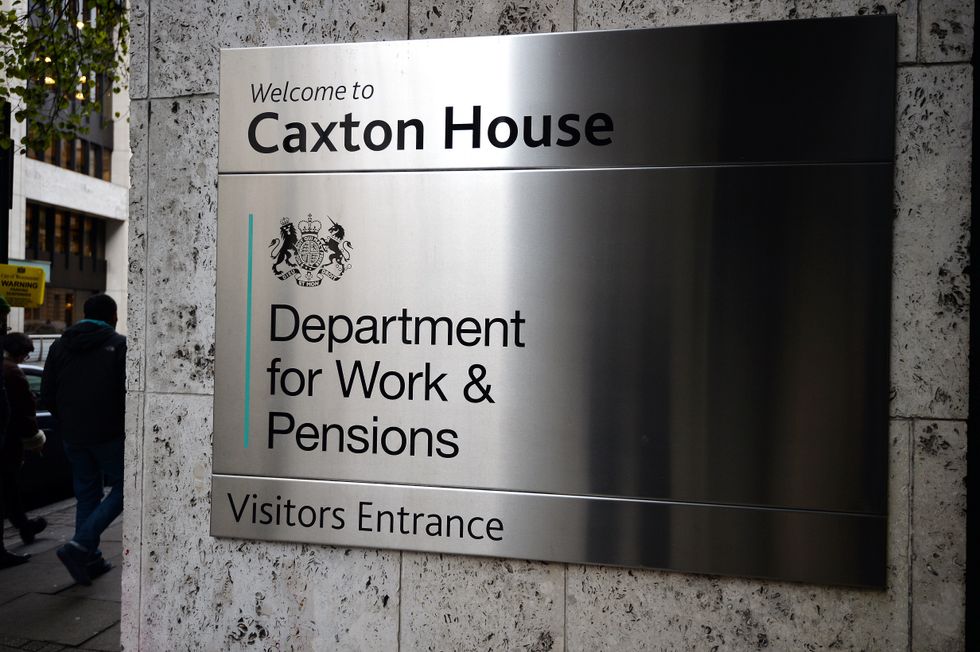DWP alert: Major PIP overhaul to exempt 700,000 from new eligibility criteria – detailed breakdown of change

Eligibility for PIP is based on how a condition affects daily tasks, with claimants assessed using a points system
Don't Miss
Most Read
The Department for Work and Pensions (DWP) has announced significant changes to Personal Independence Payment (PIP) eligibility, but not everyone will be affected.
Nearly 700,000 people will be exempt from the upcoming reforms set to begin in November 2026.Sir Stephen Timms, Minister for Social Security and Disability, confirmed that nearly 700,000 people of state pension age will be exempt from the new PIP eligibility criteria starting in 2026.
As of January 2025, 690,186 people aged 65 to 79 were receiving PIP. Under the proposed changes, claimants must score at least four points in one daily living activity to qualify for the daily living component. However, pensioners will not be subject to this new requirement.
Timms clarified this exemption in a written response to Labour MP Paula Barker, who had raised concerns about the potential impact of the reforms on pensioners.
This aligns with existing policy, where state pension age claimants are not routinely fully reviewed.
Sir Stephen said: "Our intention is that the new eligibility requirement in Personal Independence Payment (PIP) in which people must score a minimum of four points in one daily living activity to be eligible for the daily living component, will apply to new claims and award reviews from November 2026, subject to parliamentary approval.

Major PIP overhaul to exempt 700,000 from new eligibility criteria
| GETTY/PA"In keeping with existing policy, people of State Pension Age are not routinely fully reviewed and will not be affected by the proposed changes."
He added that "information on the impacts of the Pathways to Work Green Paper will be published in due course".
Key changes to PIP include:
- Stricter Eligibility Criteria: Applicants will need to score a minimum of four points in at least one daily living activity to qualify for the daily living component, aiming to target support to those with substantial needs.
- Reassessment Process: Individuals with severe, lifelong conditions may be exempt from routine reassessments, providing more stability for those whose conditions are unlikely to improve.
- Transition Age Change: Discussions are ongoing about potentially raising the age at which individuals transition from Disability Living Allowance (DLA) to PIP, from 16 to 18, aligning with broader policy changes.
In a separate response to Independent MP Apsana Begum, Timms also confirmed that people nearing the end of their life will not face changes to their PIP claims.
Those with 12 months or less to live will continue to access the enhanced rate of the daily living component of PIP.
 DWP benefit claimants could be impacted by the changes | Getty
DWP benefit claimants could be impacted by the changes | GettyTimms said: "We will also maintain the existing fast-track route under the Special Rules for End of Life and where claims are currently being cleared in two working days."
He emphasised that this fast-track route would not be impacted by the new eligibility requirement for PIP.
There are currently 3.7 million people across Great Britain claiming PIP, with the UK Government expecting this figure to rise to 4 million by the end of the decade.
LATEST DEVELOPMENTS:

Timms also confirmed that people nearing the end of their life will not face changes to their PIP claims.
| GETTYThe proposed reforms aim to make the benefit sustainable for future generations. The DWP has launched an online consultation on the new proposals, which is open until June30, 2025.
Anyone can participate in the consultation, with full details available on the GOV.UK website.
It's worth noting that these reforms will not directly affect disability claimants in Scotland currently receiving devolved health-related benefits.











